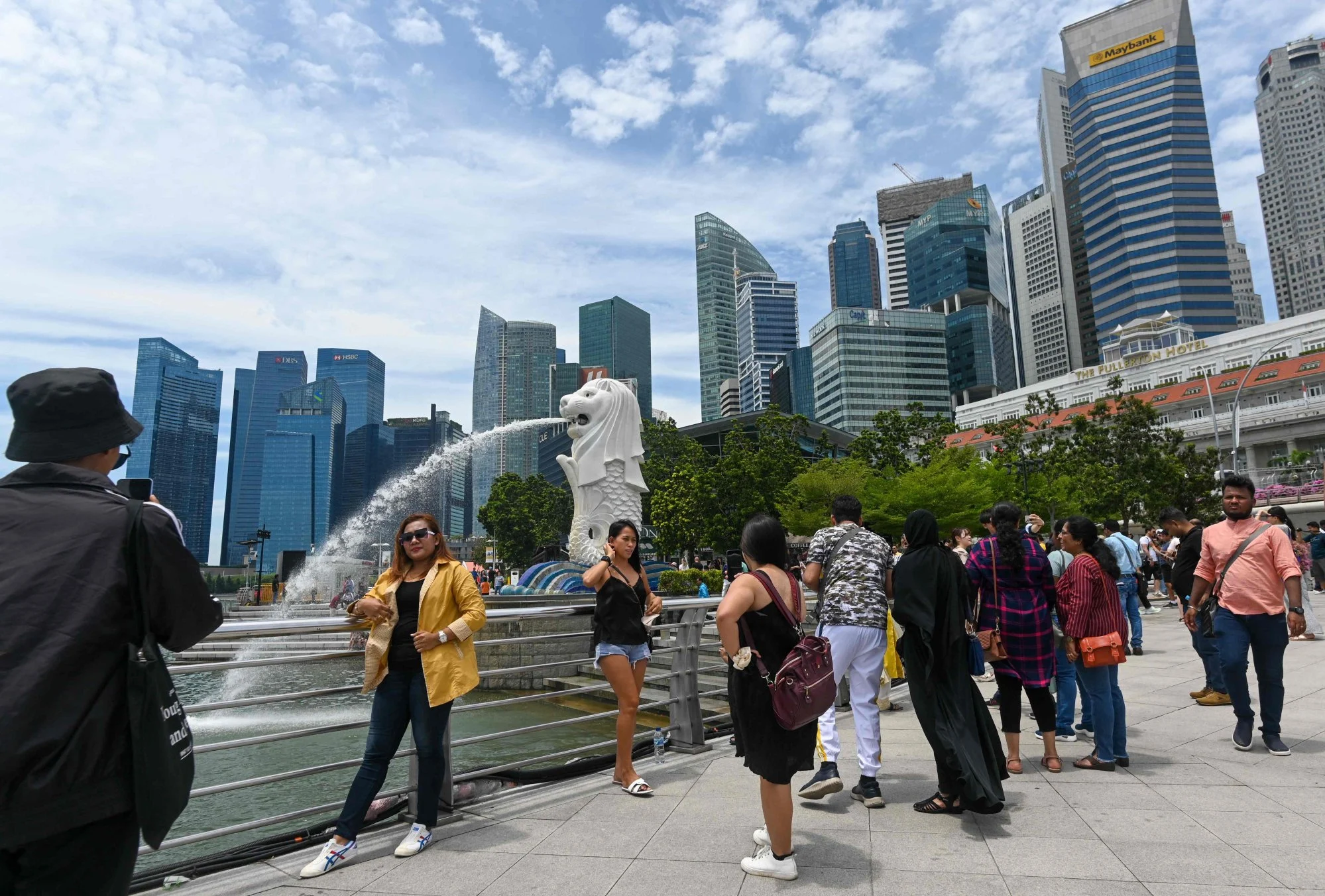Wealthy Chinese Flee Singapore as Regulatory Net Tightens
By
David Goldfarb
Last updated:
September 12, 2025
First Published:
September 12, 2025

Photo: South China Morning Post
The End of Singapore’s ‘Safe Harbor’ Era
For years, Singapore was the go-to sanctuary for wealthy Chinese families seeking stability, safety, and discretion for their fortunes. Its political calm, transparent legal system, and Mandarin-friendly environment made it an ideal base for China’s ultra-rich, especially as Beijing ramped up its own anti-corruption and capital-control efforts.
But that era is now fading. A wave of new compliance checks, tax audits, and stricter family-office rules are prompting many wealthy Chinese to quietly pack up and leave, marking the first real reversal of the influx that surged during the pandemic.
What Attracted Chinese Wealth to Singapore
Between 2019 and 2023, Singapore saw a sharp rise in family offices set up by Chinese nationals, jumping from fewer than 100 to more than 1,500 by the end of last year, according to industry estimates. These structures allowed families to manage hundreds of millions in assets under favorable tax regimes while securing residency and access to world-class banking.
For many, it offered an escape from China’s strict capital controls and unpredictable regulatory environment. Singapore’s 17% corporate tax rate, absence of capital gains tax, and robust financial infrastructure added to its appeal, while its shared use of Mandarin eased integration.
A New Era of Compliance Fatigue
The tide has shifted sharply over the past year. Singapore’s authorities have rolled out stricter due diligence requirements, introduced tighter rules on family offices (including minimum asset thresholds and mandatory local hiring), and launched aggressive crackdowns on money laundering.
The turning point came after a record-breaking money-laundering scandal in 2023, when over $2.8 billion in assets tied to Chinese nationals were seized in a sweeping probe. Since then, banks and regulators have intensified scrutiny of large foreign capital inflows, especially from high-risk jurisdictions such as China.
For many Chinese tycoons, this heightened oversight has become overwhelming. “Every bank account is questioned, every transfer flagged. My patience is gone,” one former family-office owner told local media, noting that routine transactions now require weeks of documentation and approvals.
The Wealth Exodus Gains Pace
Several private banks in Singapore report a noticeable outflow of Chinese clients, with some relocating funds to Dubai, Hong Kong, or even Europe, where they perceive regulations to be more predictable or less aggressive.
Real estate data also reflect this trend: Chinese luxury home purchases fell nearly 30% in the first half of 2024 compared with the previous year, marking the steepest drop in a decade. Family-office applications from China have also reportedly slowed to a trickle, down over 60% year-on-year.
This outflow is reshaping Singapore’s wealth landscape, forcing private banks and service providers to pivot towards clients from other regions such as Southeast Asia, India, and the Middle East.
Singapore Faces a Balancing Act
Singapore’s government insists the tougher regulations are aimed at safeguarding its financial system, not driving away legitimate investors. Authorities argue that high-profile scandals threaten the city-state’s hard-won reputation as a trusted financial hub.
But the policy shift poses a delicate challenge: keeping Singapore attractive to global wealth while protecting it from illicit flows. The government is weighing further changes, including enhanced reporting rules for family offices and tighter residency-linked investment schemes.
For many Chinese elites, though, the calculation has already changed. What was once a haven of quiet wealth preservation has become, in their eyes, a labyrinth of regulatory hurdles—and they are voting with their feet.
The Bottom Line
Singapore is still one of the world’s most stable and prosperous financial hubs, but its golden moment as a magnet for Chinese fortunes appears to be waning. As stricter oversight reshapes the city-state’s financial landscape, the era of easy wealth migration from China to Singapore may be coming to a close.
Popular articles
Subscribe to unlock premium content
The Rise of Silent Walking Tours in Historic Cities

The Rise of Ultra-Niche Cooking Classes Focused on Historical or Regional Recipes

The Rise of One-Person Dining Experiences for Ultra-Introverts in Major Cities

The Rise of Silent Walking Tours in Historic Cities

The Rise of Ultra-Niche Cooking Classes Focused on Historical or Regional Recipes

The Rise of Silent Walking Tours in Historic Cities









